Page 20
All articles
-

Urban achiever
Challenged by site constraints, award-winning architect, builder and developer Oliver Steele pivoted an apartment project to Passivhaus design. As Sean McGowan reports, the decision led to a first in the southern hemisphere.
-
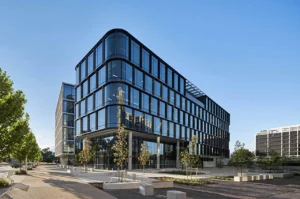
Electric Avenue
As part of the ACT’s government’s drive to net zero by 2045, it has effectively decarbonised the territory’s electricity supply – a bold move in a cold capital.
-
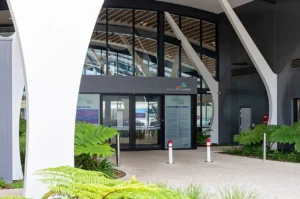
Pooling resources
By taking advantage of Perth’s abundant geothermal resources, a new aquatic centre in Armadale is substantially reducing its reliance on natural gas to heat its swimming pools and indoor areas. Sean McGowan reports on the 2021 AIRAH Awards Excellence in Sustainability finalist.
-
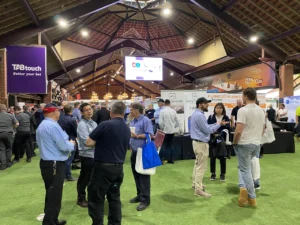
How the west was one
Western Australia’s HVAC&R community united for the AIRAH WA Emerging Trends Symposium and the Perth Industry Night.
-
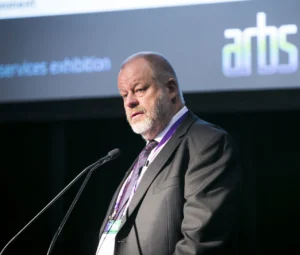
Stefan Jensen, F.AIRAH
Since leaving his native Denmark in 1983 for brighter opportunities abroad, Stefan Jensen, F.AIRAH, has become a stalwart of the Australian refrigeration industry and a champion of ammonia systems.
-

Jo Kieboom, M.AIRAH
Jo Kieboom, M.AIRAH, is Senior Engineer Ecological Sustainability for the Department of Infrastructure, Planning and Logistics – Northern Territory government.
-
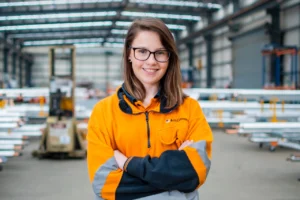
Rebecca Andrews, Affil.AIRAH
Ecolibrium checks in with a young engineer working for A.G Coombs Projects, based in Moorabbin in Melbourne’s south-east.
-

Joel Seagren, M.AIRAH
Ecolibrium breaks bread with Fantech’s National MVHR (HRV) Solutions Engineer.
-

COVID operations
AIRAH’s Infection Control and Operating Theatre Practices Special Technical Group has published a document considering common COVID-19 practices in operating theatres.
-
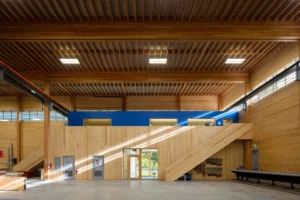
Wooden performance
A remote Canadian factory is constructed from the very products made under its roof: Eco-friendly prefabricated wall panels.
-
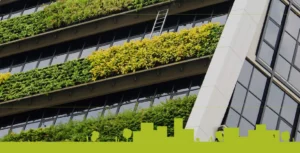
Practical path to net zero
ASBEC says the built environment has a pivotal role to help the nation reduce emissions.
-

Point of no return?
Patterns of rapid ice loss in the past could predict the style of future Antarctic ice sheet retreat.
-

AIRAH launches IAQ Assembly
AIRAH has launched the IAQ Assembly, a free suite of videos, guides and articles that reflect the latest thinking on indoor air quality and preventing the airborne spread of COVID-19.
-

Home tome
The federal government has published the sixth edition of Your Home, an independent guide to environmentally sustainable homes.
-
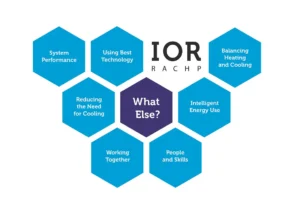
IoR’s net zero path
The Institute of Refrigeration (IoR) is calling for consultation on two policy papers that address key aspects to support users of HVAC&R technologies in the pathway to net zero emissions.
-
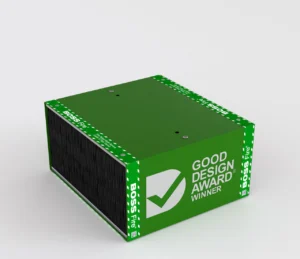
Boss level
BOSS Fire Transit Box has been declared Good Design Award winner in the Product Design and Engineering Design categories in recognition of outstanding design and innovation.
-
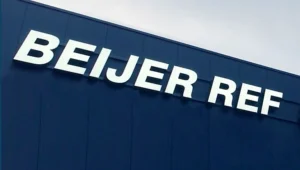
Beijer Ref acquires Airstream
Global refrigeration wholesaler Beijer Ref has signed an agreement to acquire all the shares in the Australian distribution company Airstream.
-
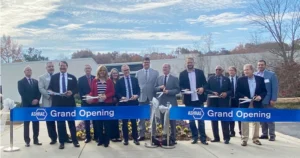
ASHRAE opening
ASHRAE has formally opened its new global headquarters building, after completing a $20 million building renovation project intended to prove the economic viability of a fully net-zero-energy (NZE) operation.
-
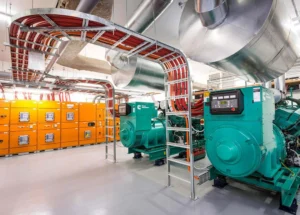
A.G. Coombs advisory
In response to varied occupancy patterns due to the COVID-19 pandemic, A.G. Coombs has released an advisory note on supporting resilient tenant IT systems.
-

Planning for carbon neutral in existing buildings
This paper explores the role of optimisation of existing infrastructure, onsite renewable and non-renewable generation, hardware changes and energy-procurement activities in achieving carbon neutral status for a mixed-use building in Melbourne, with consideration to moving electricity and gas grid factors (cost and emissions) across 15 years.